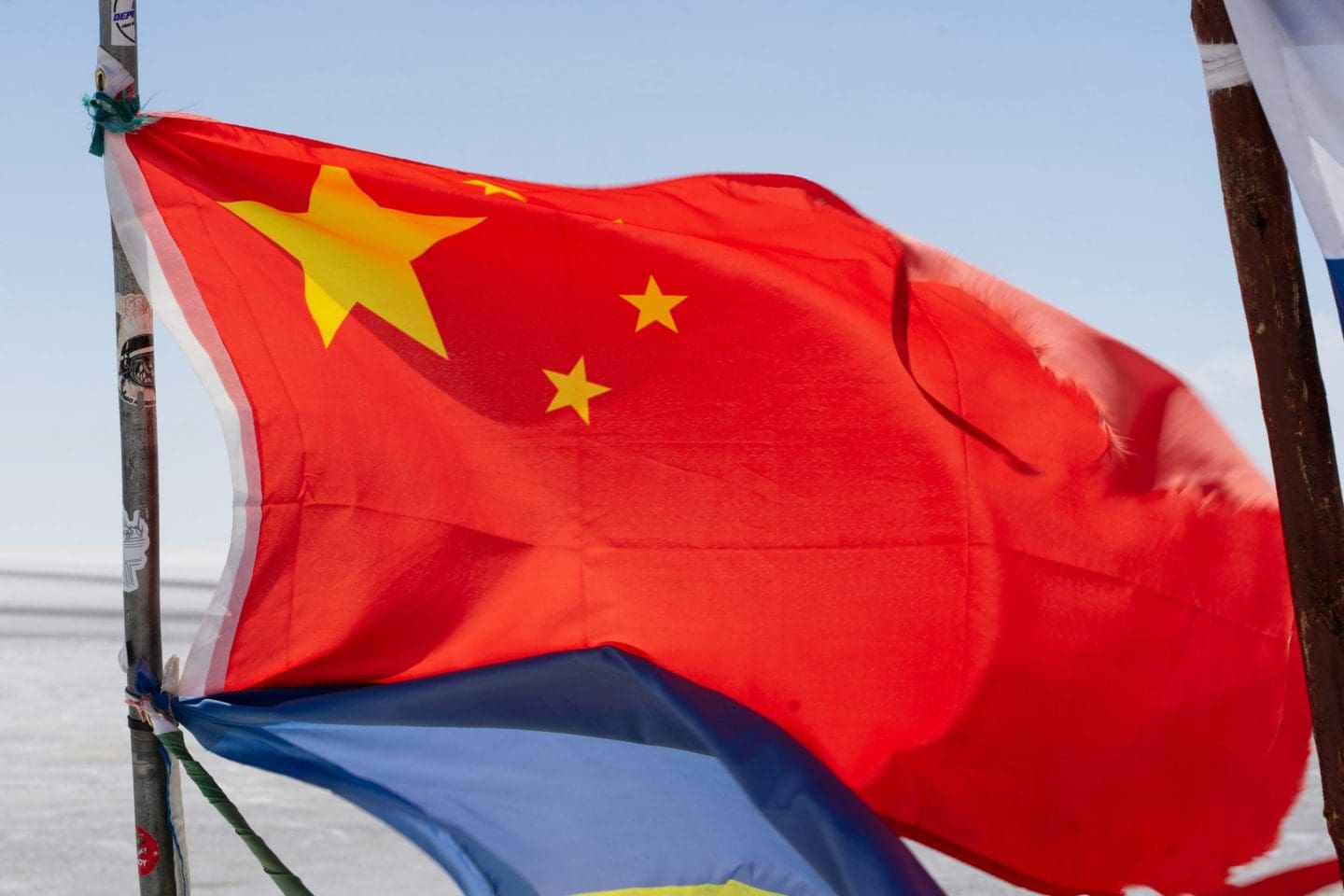In-Short
- China Telecom develops two LLMs using domestically-produced chips.
- Breakthrough signifies China’s push for AI self-reliance amid US semiconductor restrictions.
- One model boasts one trillion parameters, rivaling mainstream AI platforms.
- Domestic chipmakers like Huawei’s Ascend chips are central to China’s AI strategy.
Summary of China Telecom’s AI Advancements
China Telecom, a major state-owned telecom entity in China, has made significant strides in artificial intelligence (AI) by training two large language models (LLMs) on chips produced within the country. This development is a direct response to the United States’ stringent export controls on advanced semiconductors, which have impacted Chinese companies’ access to high-end processors from firms like Nvidia.
The AI institute of China Telecom announced the success of training the models, TeleChat2-115B and an unnamed model with one trillion parameters, on thousands of Chinese-made chips. This achievement is a testament to China’s growing capabilities in independently developing AI technology, marking a shift towards innovation and self-sufficiency.
Chinese companies are accelerating their efforts to match the AI prowess of global leaders, especially as US export restrictions limit their access to cutting-edge AI chips. By creating their own processors, such as the TeleChat2-115B with roughly 100 billion parameters, China is reducing its reliance on Western technology.
While China Telecom has not disclosed the specific suppliers of the domestically-designed chips, Huawei’s Ascend chips are known to be integral to the country’s AI ambitions. Huawei is advancing in the AI space with its latest AI processor, the Ascend 910C, which is currently being tested by large Chinese server companies and internet giants.
In its quest for technological independence, China Telecom is also partnering with other domestic chipmakers like Cambricon. These collaborations are part of a broader movement to establish a self-sufficient ecosystem of AI solutions in China, insulating the country from the impact of US export controls.
As China continues to develop its own AI chips and technologies, it is gradually lessening its dependence on foreign hardware. Despite the challenges posed by US sanctions and the existence of a black market for foreign chips, Chinese companies are opting for legitimate, albeit less powerful, alternatives to maintain access to official support and services.
Further Reading and Image Credits
For more detailed insights into China Telecom’s AI advancements and the broader implications for the global AI landscape, readers are encouraged to view the original article. Image credit goes to Mark Kuiper.










